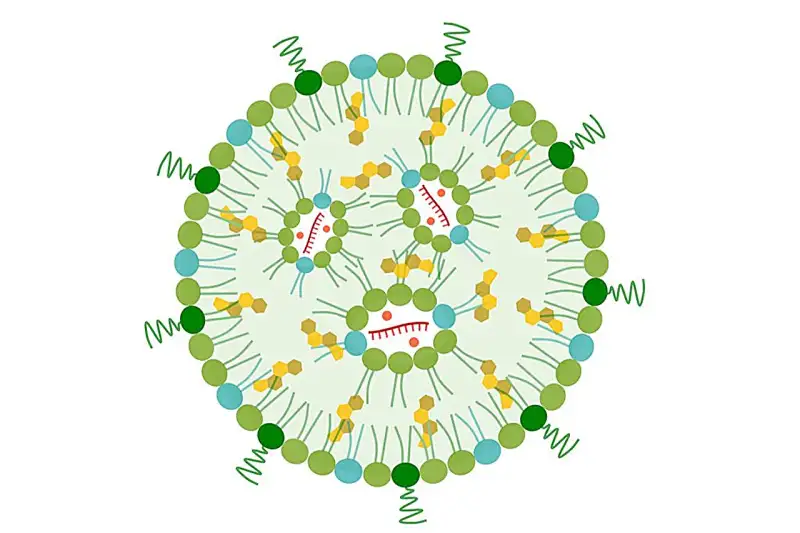Researchers at the California NanoSystems Institute at UCLA have developed a novel nanoparticle-based immunotherapy targeting metastatic pancreatic cancer, particularly its spread to the liver. This innovative approach utilizes liver-targeting nanoparticles to deliver an mRNA vaccine that encodes a mutated KRAS tumor antigen, alongside a small molecule that enhances immune activation. In preclinical studies, this strategy not only inhibited the growth of pancreatic cancer cells in the liver but also prevented metastasis, suggesting a significant breakthrough in treating this aggressive cancer.
The liver’s unique immune environment often allows metastatic cancer cells to thrive unchecked. By reprogramming the liver’s immune tolerance, these nanoparticles effectively transform it into a hostile environment for cancer cells, promoting their destruction. This method also generated immune memory cells, offering potential long-term protection against cancer recurrence. With further research, this nanoparticle platform could be personalized to target specific tumor antigens, extending its applicability beyond pancreatic cancer to other malignancies with well-characterized genetic mutations, such as certain breast and lung cancers. Click for More Details







